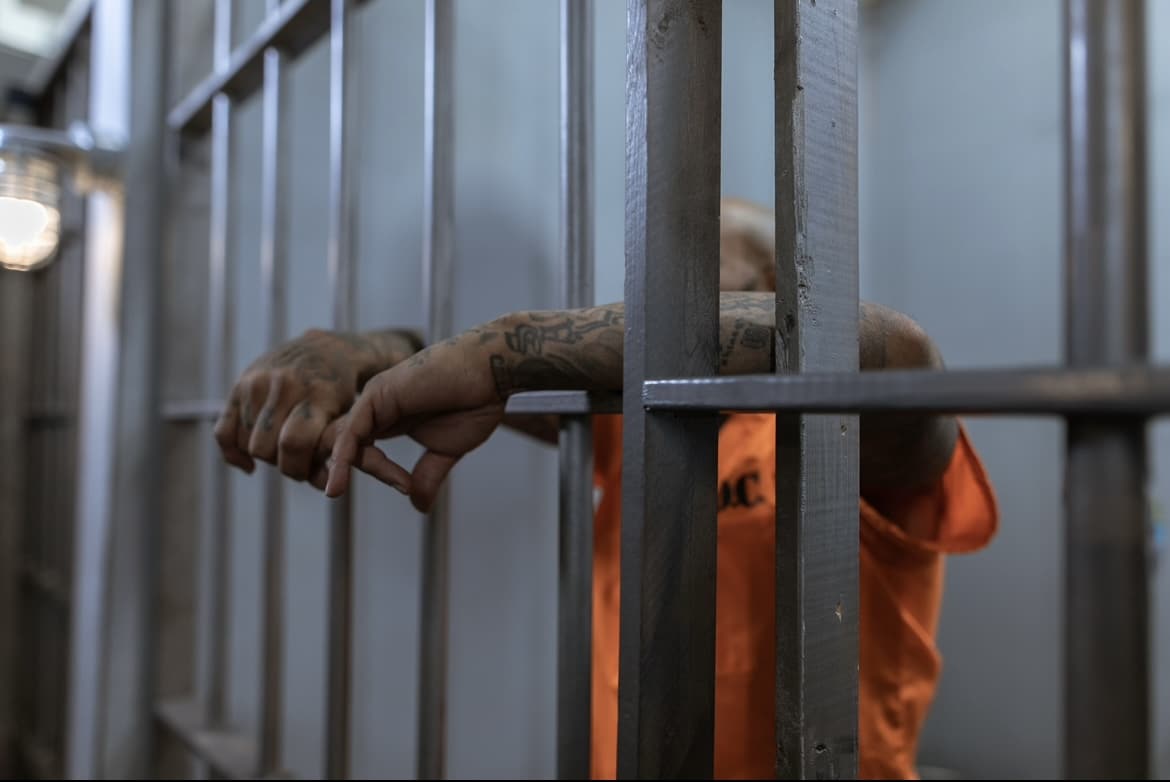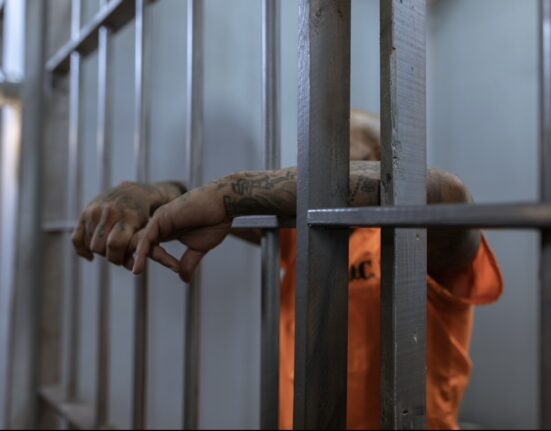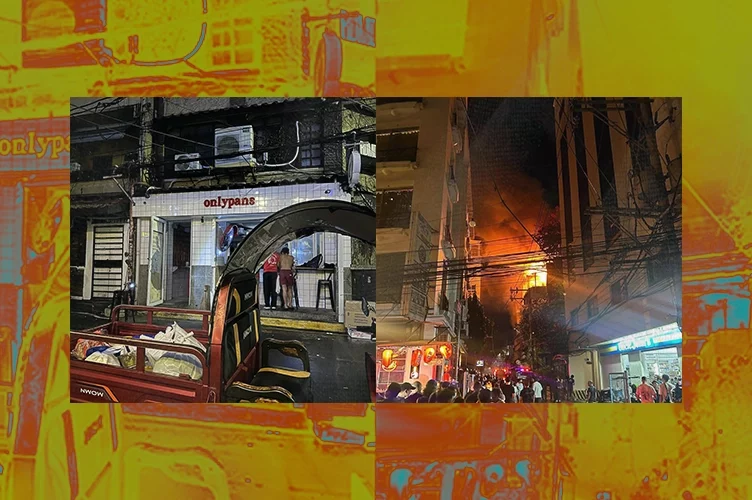IN 2018, amid massive outrage over yet another student’s death in fraternity rites, the Philippines approved a tougher law against hazing.
The Anti-Hazing Act of 2018, or Republic Act 11053, prohibits all forms of hazing and increases the penalties on those found guilty of these acts.
Aside from lengthy prison terms, those involved in hazing must pay hefty fines.
Senators are now calling on authorities to implement this law in the case of Adamson University student John Matthew Salilig, who died after attending initiation rites of the Tau Gamma Phi fraternity.
His body was found buried in a shallow grave in Imus, Cavite.
Police said they are set to file criminal charges against 17 Tau Gamma Phi members regarding this incident.
Senate President Juan Miguel Zubiri said law enforcers should ensure that the people behind Salilig’s death are dealt with using the full force of our Anti-Hazing Law.
Penalties
Under RA 11053, those who planned or participated in hazing will face the penalty of reclusion perpetua or up to 40 years in jail and a fine of P3 million if the hazing results in death, rape, sodomy, or mutilation.
In other hazing cases, the penalty will be reclusion perpetua and a P2 million fine for those who planned or participated in hazing.
This same penalty will apply to:
- All officers of the fraternity, sorority, or organization present during the hazing
- The adviser of a fraternity, sorority, or organization who was present during the hazing and failed to prevent it or report it to authorities if possible
- All former officers, nonresident members, or alumni of the fraternity, sorority, or organization who are also present during the hazing
- Officers or members of the fraternity, sorority, or organization who knowingly cooperated in carrying out the hazing by inducing the victim to be present thereat
- Members of the fraternity, sorority, or organization who are present during the hazing when they are intoxicated or under the influence of alcohol or illegal drugs
Any person present during the hazing will also face up to 20 years in jail and a P1 million fine.
SUGGESTED STORIES:
DLSU’s DCAT 2024 results now available
ARE you green? De La Salle University has just released.
Beloved Onlypans in Poblacion burns down
LAST Friday, May 3rd, popular Mexican restaurant Onlypans announced on.
Philippine bishops instruct flock to pray for rain, heat relief
Catholic bishops in the Philippines are pitching in to seek.
The presence of any person, even if not a group member, during the hazing is prima facie evidence of participation in the activity as a principal, unless this individual prevented the act or reported it to authorities if they can do so without placing themselves in peril.
Those who intimidate, threaten, force, or employ any form of vexation to force an individual to join a particular fraternity, sorority, or organization will also face six months of two years’ imprisonment.
Punishment for cover ups
Former officers, nonresident members, or alumni of the fraternity, sorority, or organization who will do any act to hide, conceal, or otherwise hamper or obstruct any investigation into the hazing activity will also face penalties of 12 to 20 years’ imprisonment and a P1 million fine.
Schools not spared
Initiation rites are allowed in schools. The law says it can be ceremonies, practices, rituals, “or other acts” that a person must perform or take part in. Fraternities, sororities, or organizations do these activities as part of their “ritual” before accepting members, including neophytes.
Schools may face a P1 million fine if hazing occurred during initiation rites that it had approved or when no representatives from the school were present during the initiation.
School officials must initiate their investigation, actively ascertain facts, and identify witnesses to impose disciplinary sanctions and assist the police in the event of hazing.
School authorities, barangay, or city officials will also be liable as an accomplice if it is shown that they allowed or consented to any hazing activity.
The law also says the owners or lessees of the place where the hazing took place will be liable as principal if they have actual knowledge of the hazing but failed to take action to prevent it or to report it to authorities if possible.
Suppose hazing took place in the home of one of the fraternity, sorority, or organization members. In that case, the parents will be held liable as principals when they have actual knowledge of the incident and fail to take action against it or to report it to authorities.












